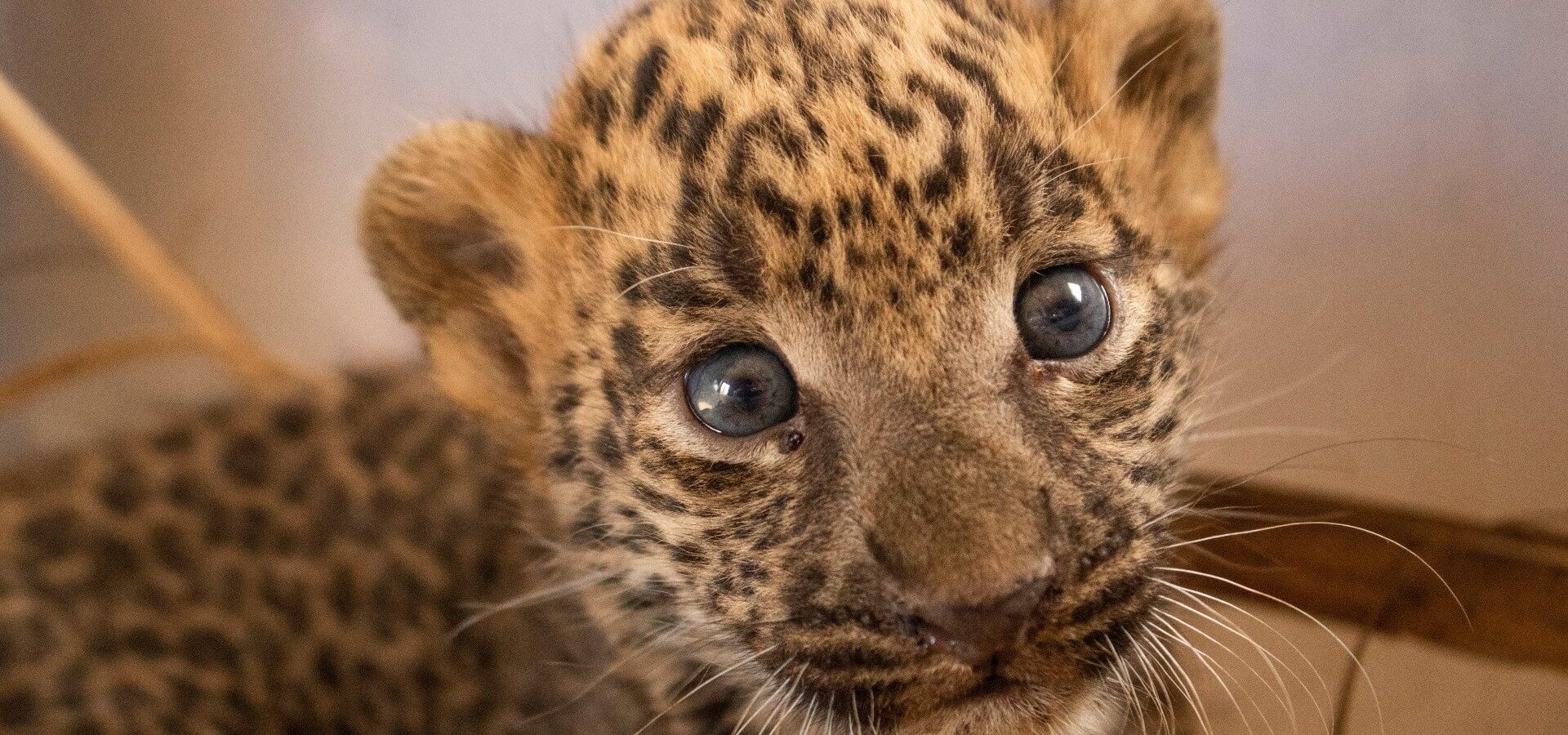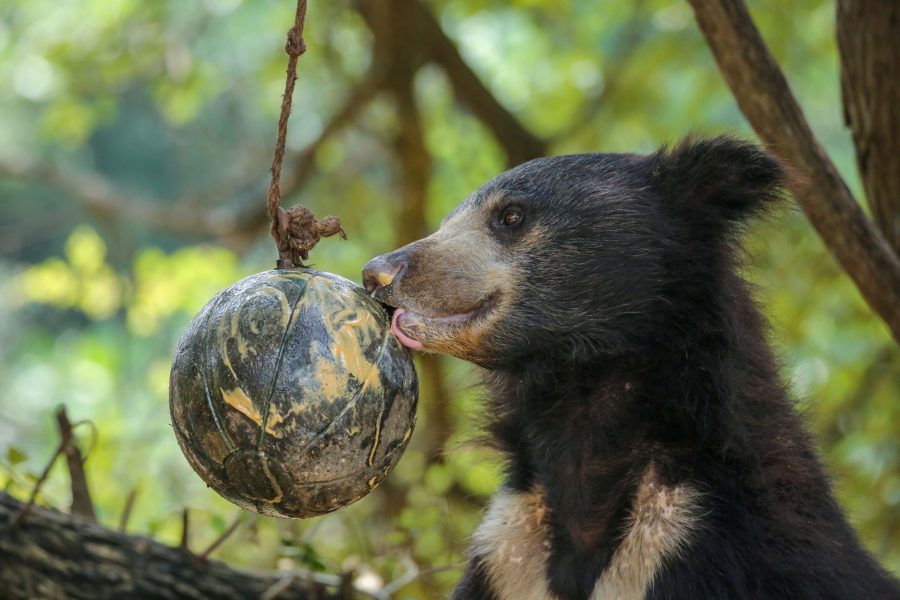The word “endangered” in itself talks about the impending doom that our precious wildlife is surrounded by. This word brings with it urgency, a call-to-action and tells us that the time is now to act on our choices before it is too late. Each year, we celebrate National Endangered Species Day on May 21 to remind ourselves of the pledge that conservation is the dire need of the hour.
This year, we decided to bring to you information on some lesser known endangered species in India.
The Kashmir Hangul
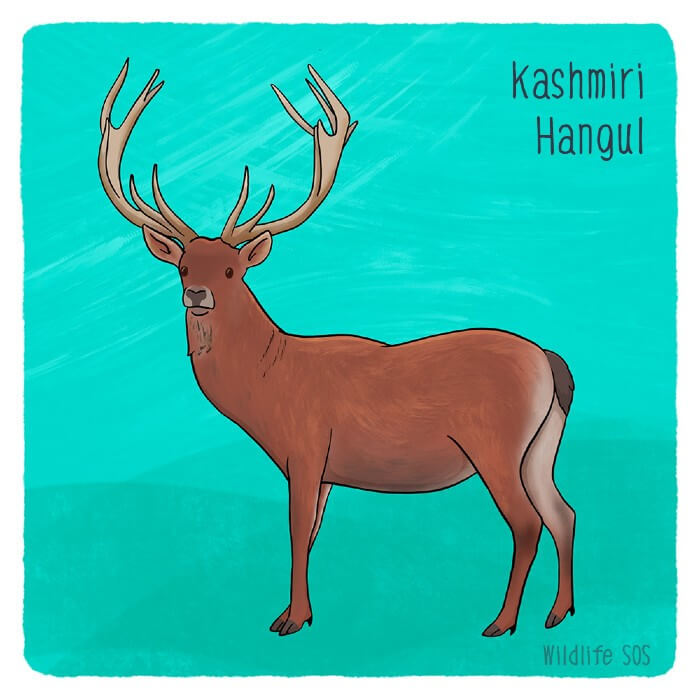
The Kashmir stag or Hangul had a flourishing population of nearly 5000, according to Bombay Natural History Society (BNHS), at the beginning of the 20th century. However, rapid deforestation, changing climates and human greed put the Hangul in a dangerous position. Today, the state animal of Kashmir is restricted to only a few hundred square kilometres and is struggling to fight for its right to survive. Our team in Kashmir recently conducted a population census survey in Kashmir to ascertain the present population of the Hangul and you can read more about it, here.
The Indian Pangolin
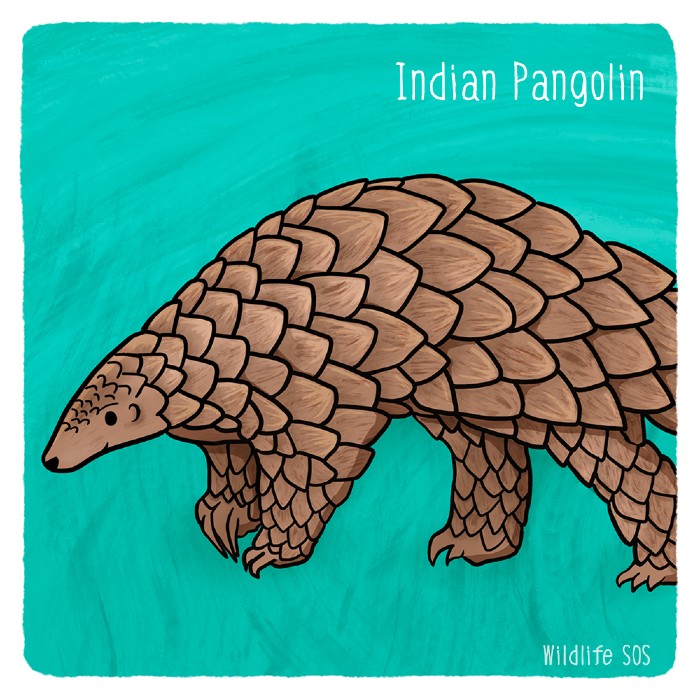
This innocent animal has been labeled the World’s Most Trafficked Animal due to the high risk of poaching and trafficking that surrounds it. Due to the unverified belief that pangolin scales have medicinal properties and can “heal” ailing people from illnesses, the pangolins are illegally poached from the wild and brutally beaten, tortured and boiled for their meat and scales. Their rising demand in the illegal wildlife market puts their population at the risk of near extinction, right now.
Gharial
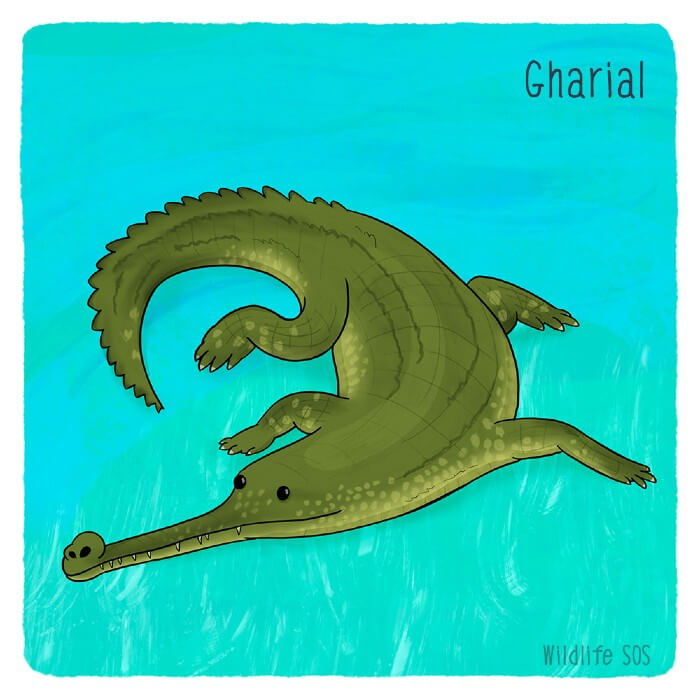
What distinguishes gharials from crocodiles is their distinct thin, long snout. Gharials play an important role in maintaining the marine ecosystem as they feed primarily on fish, and prefer to stay in the water or bask under the sun. The Wildlife Protection Act 1972 in India grants them the highest protection but due to increasing human encroachment and poaching of the gharials, their population is listed as endangered and declining. Gharials are also prone to the risk of being caught in fishing nets or hooks which leads to injury, often resulting in starvation.
Spotted Pond Turtle
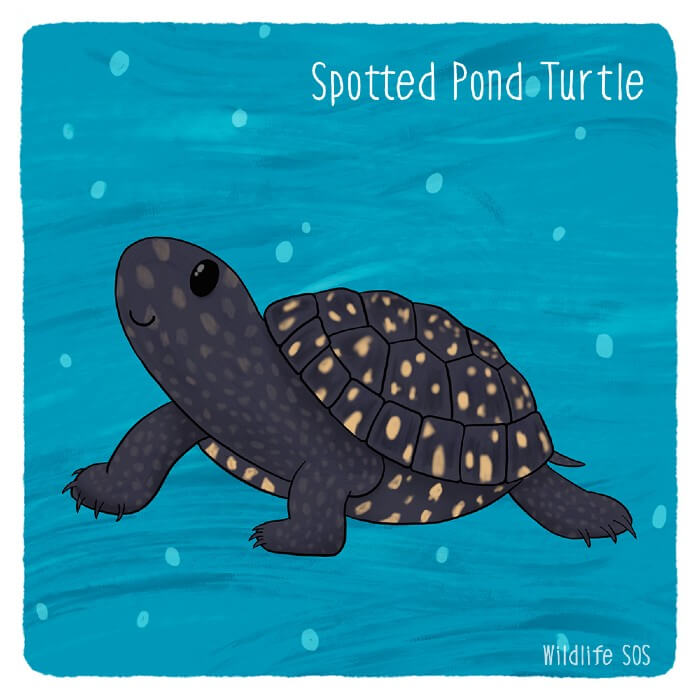
It is unfortunate that human greed knows no bounds when it comes to jeopardizing the future of wild animals. Over the past few decades, the demand of native species for the illegal pet trade has put turtles and tortoises in grave danger of being poached from the wild and confined to an unnatural environment of their home. The Spotted Pond Turtle has an increasing demand for its meat as well as for the pet trade in Southeast Asian countries. They are enlisted in CITES Appendix I, thus completely banning their trade internationally!
Egyptian Vulture
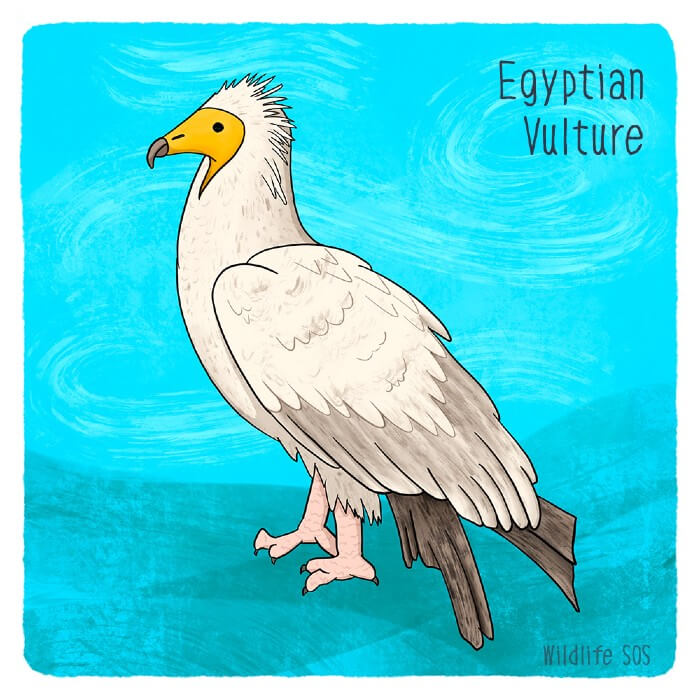
In spite of being crucial to the maintenance of the ecosystem, vultures have found themselves in a precarious situation in the past few decades. The vultures are scavengers and feed off carrion, organic wastes and even mammalian faeces, thus disposing the carcasses and eliminating the risk of spreading diseases. In many parts of the world, the increasing use of Diclofenac and other pesticides are posing an imminent threat of poisoning to the vultures and the population is at a steady decline. Additionally, the vultures are at risk for electrocution and poaching as well.
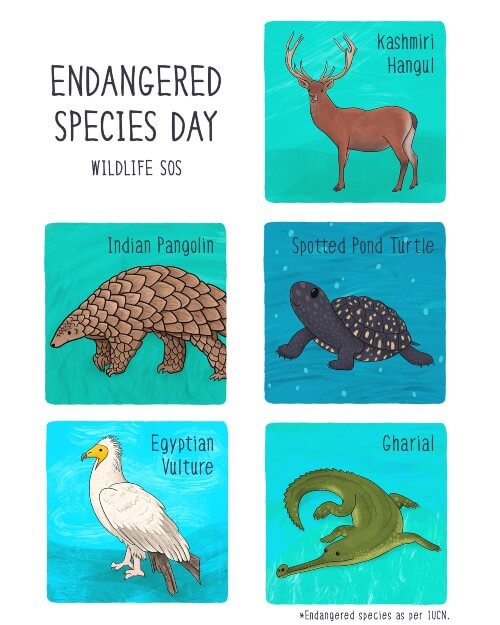
The conservation of every endangered species is very important in order to achieve a thriving ecosystem. We urge you to share this as much as you can to spread awareness on these lesser-known endangered species found in our country!

